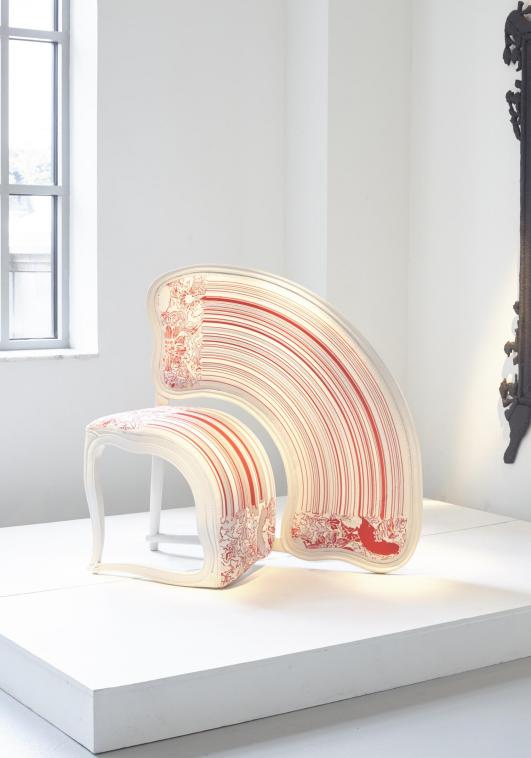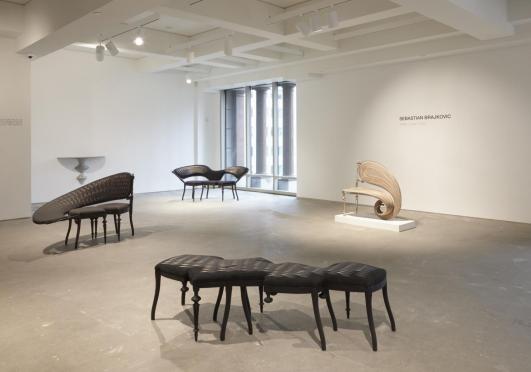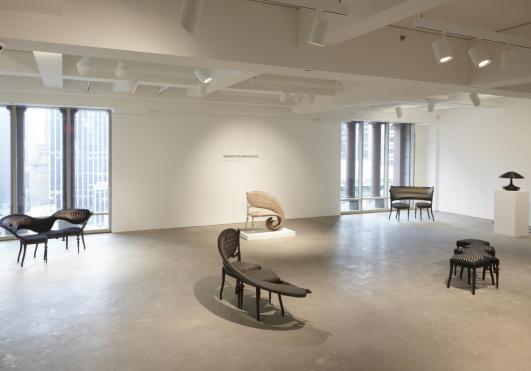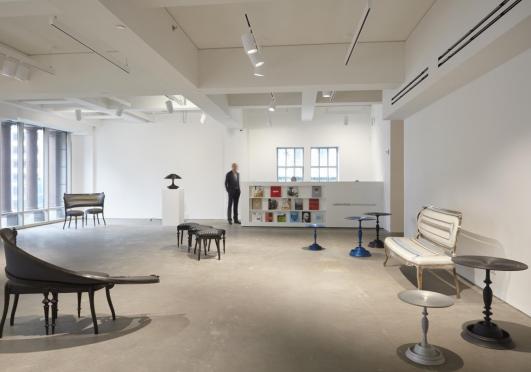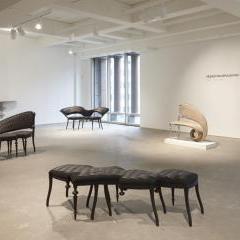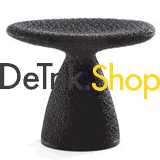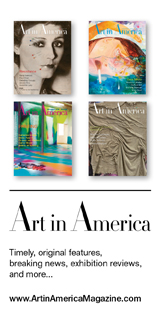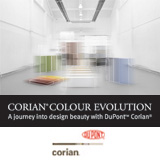"Lathe" an Exhibition of the Designs of Sebastian Brajkovic at Carpenters Workshop Gallery New York
3 May - 2 July '16
For its first exhibition of works by Sebastian Brajkovic in New York, Carpenters Workshop Gallery will present ‘LATHE’, a culmination of work from the Dutch artist. Brajkovic’s designs re-interpret 18th century furniture archetypes, transmuted through expressive and surreal forms, while integrating traditional techniques of master craftsmanship with new methods of technology.
Through his choice of production processes and materials, Sebastian Brajkovic simultaneously challenges the traditions he employs and responds to historical references with contemporary re-imaginings of form, technique, and aesthetic.
‘Conversation Piece’, a chair that allows easy discussion between those seated together, resonates the traditional, with an element of the fantastical.
‘Lathe’ is comprised of several key pieces that further exemplify the evolution of the designers process, including ‘Fibonacci’ and ‘Slepinir’. ‘Fibonacci’, which expresses a theory of morphology and growth drawn up by an Italian mathematician towards the end of the 12th century, has been described as the designer’s masterpiece due to its high craftsmanship, both in the complicated spiral structure and its complex embroidery used, executed by Maison Lesage, known for its work for top French fashion houses such as Chanel and Dior.
‘Sleipnir’, a bench composed of five chairs, spreads out like a crowd of people or a herd of animals on the move, an eight-footed creature with an embroidered hide. This animal-like creation sports scales with a geometric pattern rather like that seen in the marquetry of the cabinet maker Oeben (18th century). This pattern flows with the direction of the bench, resembling the harness of a mammal or a reptile.
‘Conversation Piece’, a chair that allows easy discussion between those seated together, resonates the traditional, with an element of the fantastical. The work is a reinvention of a confidante for lovers, a smiling chair, full of a dynamic sensuality inspired by Carlo Mollino’s designs, rounds off the collection.
Lathe, in which the show is named, is a traditional tool used that rotates a workpiece on its axis, performing such various operations of cutting sanding, turning, and deforming to create an object with symmetry about an axis of rotation. This process is the departure point and starting inspiration for the exhibition, opening with Sebastian Brajkovic’s mindbending ‘Lathe’ series, a collection that plays with the viewer’s perception and expectations, literally ‘turning’ a seat into a work of art.
For the ‘Lathe’ chairs, traditional techniques of woodcarving, bronze casting and embroidery are used to create both the structure and the upholstery, which are then integrated with new digital technologies to further advance the realization of each work. Each piece is first sculpted by hand before being moulded, and the designer then refines the sculpture by harnessing the possibilities through 3D Modeling. In doing so, he visually distorts the imagery, and physically stretches out the seats’ surface. The embroidered upholstery owes its intricate precision to digital completion.
Complementing these pieces, will be Sebastian Brajkovic’s minimal and elegant ‘Lathe’ tables and sconces, spun from aluminum.
The designer takes the savoir-faire, the new art of digital craftsmanship and bronze sculpture and turns them into embodied realities. His use of the technique of casting, traditionally employed in sculpture, is further confirmation of the artist’s desire to explore the boundaries between art and design: ‘‘At the end of the day, I like the balance that exists between industrial design and art. Both fields are creative. I work towards both form and function.’’
AN HOMMAGE TO FUTURISM
Left behind is the indelible mark of the moulding, the shape and the grain of the wood which rise ever so gently to the surface of the patinated bronze. The nod to this particular period in the history of furniture-making represents a tribute to the skills of craftspeople everywhere. Sebastian Brajkovic puts a new spin on the classic figurative floral tapestry motif, all the better to defy the strictures of visual perception. As on a page of writing, with deconstructed thoughts, he uses digital technology to recount his fascination for the world in which we live.
A world that is characterized by connectivity, speed and sharing. In this way he pays homage to the ideas and drawings of the Futurists, who communicated their enthusiasm for progress as epitomized by the world of machines, a world of speed: ‘‘I believe in a transcendental vision. I try to reproduce life, to create the illusion of movement and change,
when all along this is impossible. I like to express change, development, hope. My vision seeks to tackle the issue of permanency.’’
The exhibition invites us to adopt a perspective focusing on the tangible, the alive, the dynamic. An ideal that represents life. Sebastian Brajkovic’s creative process is thus a ‘work in progress’, an endless game, the journey from functional item to work of art: ‘‘My objects are sculptures, but at the same time they are perfectly functional in their design. In painting, I’m drawn to the ‘blurred effect’ and distortion, twisting, rather like Francis Bacon, who creates and then dismantles his subjects. At the moment, I want to create finished objects and show them in all their complexity. It’s an attempt to express perfection.’’
693 FIFTH AVENUE - NY 10022
MONDAY TO SATURDAY 10AM - 6PM
